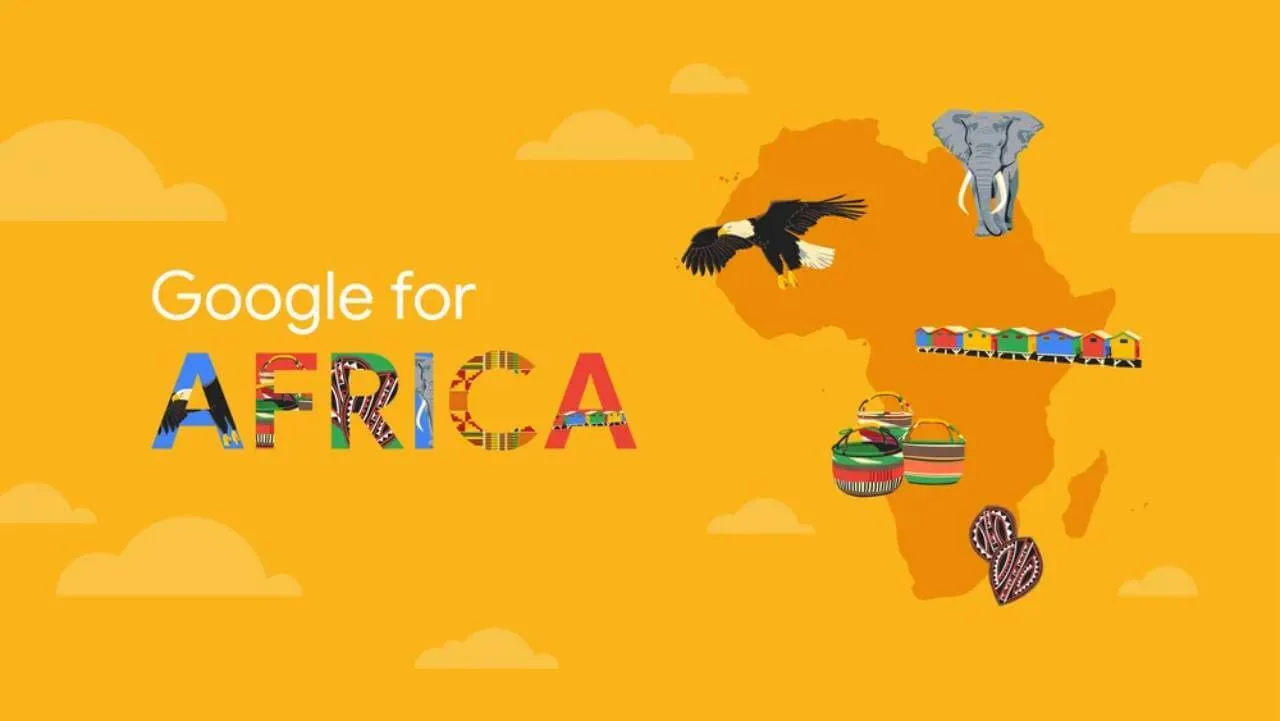As Africa grapples with pressing challenges in health, agriculture, and climate change, major technology companies like Google, Microsoft, and Meta are stepping up their investments in artificial intelligence (AI) solutions tailored for the continent. These “AI for Good” initiatives promise to revolutionize flood forecasting, improve maternal health, and enhance agricultural productivity. However, a growing chorus of experts and critics warns that these efforts may inadvertently—or intentionally—amplify foreign control over Africa’s data and digital infrastructure, raising questions about data sovereignty and long-term dependency. With Africa’s digital ecosystem rapidly evolving, the tension between technological advancement and self-determination has never been more acute.
The Rise of AI Initiatives in Africa
Big Tech’s foray into AI-driven philanthropy in Africa has accelerated in recent years, particularly since 2024. Google, for instance, has committed $37 million to AI development across the continent, focusing on areas like education, health, and environmental monitoring. Initiatives include AI-powered flood forecasting systems that have been deployed in multiple African countries to mitigate the impacts of climate change, as well as tools for creating engaging educational content. In collaboration with the African Development Bank (AfDB), Google hosted events in 2025 to explore AI’s role in advancing inclusive growth, emphasizing applications in agriculture and disaster response.
Microsoft, meanwhile, has positioned itself as a leader in AI for sustainability and workforce development. Through its AI for Good Lab in Nairobi, the company is partnering with organizations like Amref Health Africa to predict disease outbreaks and support agritech innovations. In 2024, Microsoft launched the AI Skills Initiative, aiming to train one million people each in South Africa, Kenya, and Nigeria to build local AI expertise. The company’s broader efforts include using AI to address climate challenges, such as optimizing sustainable agricultural practices and enhancing food security. A 2025 report from Microsoft Research highlighted AI’s potential to transform Africa’s future of work, uniting experts to explore generative AI’s impacts on dignity and equity in employment.
Meta, the parent company of Facebook, has also ramped up its AI engagements. In partnership with the Global Center on AI Governance (GCG), Meta supported a comprehensive 2025 landscape study on Africa’s AI ecosystem, examining trends in innovation and adoption. The company is funding research grants for African universities to develop AI models for underrepresented languages, aiming to make AI more accessible and culturally relevant. Meta’s open-source AI efforts, such as population mapping tools, are designed to aid disaster preparedness and sustainable development planning. Additionally, Meta’s Llama Impact Grants program, launched in 2024, has backed projects using open-source AI to tackle global challenges, with a focus on Africa.
These initiatives align with broader continental goals, such as the African Union’s declaration of AI as a strategic priority in May 2025, calling for investment in innovation and inclusion. Proponents argue that AI can accelerate progress toward the Sustainable Development Goals (SDGs), particularly in food security, health, and climate resilience.
Growing Concerns Over Foreign Influence
Despite the optimism, experts are increasingly vocal about the risks. A primary worry is data sovereignty: much of Africa’s data is processed and stored on foreign-owned cloud infrastructure, making it vulnerable to exploitation. Critics contend that Big Tech’s “AI for Good” projects could serve as a Trojan horse for data harvesting, where altruistic tools collect vast amounts of local data that ultimately benefits corporate interests abroad.
Infrastructure dependency is another flashpoint. AI requires massive computing power, and Africa lags in data center development, with only a handful of countries hosting AI-specialized facilities. Investments from tech giants often tie African nations to proprietary systems, potentially undermining efforts to build sovereign digital ecosystems. For example, while companies like Econet (led by Strive Masiyiwa) are boosting compute capacity in South Africa, Kenya, and Egypt, broader reliance on foreign tech raises fears of a “digital sovereignty trap.”
Ethical and environmental concerns compound these issues. AI’s energy-intensive nature exacerbates climate challenges, with technologies contributing to resource strain in already vulnerable regions. Reports highlight how AI deployment could widen inequalities, including labor disruptions and cyber risks, disproportionately affecting Africa. In health applications, integrating AI into African systems faces hurdles like high costs and limited local datasets, potentially leading to biased outcomes.
Social media discussions echo these sentiments. On X (formerly Twitter), users like @timnitGebru have called for African governments to protect local startups from foreign exploitation under the guise of open-source AI. Others, including journalists and activists, question whether Big Tech’s motives are truly philanthropic or driven by profit.
Expert Perspectives and Policy Responses
African leaders and organizations are responding with calls for robust governance. Kenya’s AI Strategy 2025–2030 emphasizes data governance within national boundaries, signaling a push for localized AI development. The Brookings Institution advocates for regional AI safety capacities, including an African AI Safety Institute to address risks like electoral manipulation and environmental strain. UNDP’s AI Hub proposes frameworks like GROW to tackle data challenges through public-private partnerships.
Experts like James Manyika from Google argue that AI offers “big leaps forward” for Africa, but stress the need for environments conducive to investments and partnerships. Conversely, reports from GSMA and others urge a focus on ethical AI to prevent dependency. As one X user noted, embedding African perspectives in global AI governance is crucial for equitable adoption.
Looking Ahead: Opportunities and Challenges
As of August 2025, Africa’s AI landscape is at a crossroads. Big Tech’s initiatives could drive unprecedented progress in health and climate resilience, but only if paired with strong policies safeguarding sovereignty. Events like the Global AI Summit on Africa underscore the need for inclusive strategies. Ultimately, the continent’s ability to harness AI while mitigating foreign influence will determine whether these tools empower or entrench inequalities. Stakeholders must prioritize local innovation, ethical frameworks, and collaborative governance to ensure AI serves Africa’s future on its own terms.




